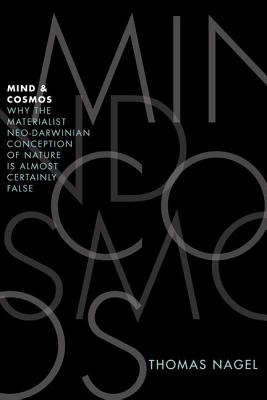 Computers are winning at Jeopardy, and driving cars, but can they think? Can they have conscious experiences? Can they be angry or afraid? Not yet, it seems — but this situation may change in our lifetimes. The Philosophy Department is hosting two events this week on broad issues in Artificial Intelligence.
Computers are winning at Jeopardy, and driving cars, but can they think? Can they have conscious experiences? Can they be angry or afraid? Not yet, it seems — but this situation may change in our lifetimes. The Philosophy Department is hosting two events this week on broad issues in Artificial Intelligence.Film: "2001: A Space Odyssey"
Tuesday 11/19 at 7:30PM at the Campus Theatre
Stanley Kubric's enigmatic science fiction epic, about a trip to investigate an alien monolith that is complicated by the intelligent computer HAL 9000 explores themes of progress, evolution, intelligence, and mystery. I will offer a brief introduction to the film to assist with its interpretation.
Panel Discussion: "Artificial Intelligence: An Interdisciplinary Conversation"
Thursday 11/21 at 4PM in Walls Lounge (Langone Center)
A panel Discussion with John Hunter (Comparative Humanities), Brian King (Computer Science), Jason Leddington (Philosophy), and Joe Tranquillo (Biomedical and Electrical Engineering) on technological, conceptual, and ethical issues concerning artificial intelligence.






